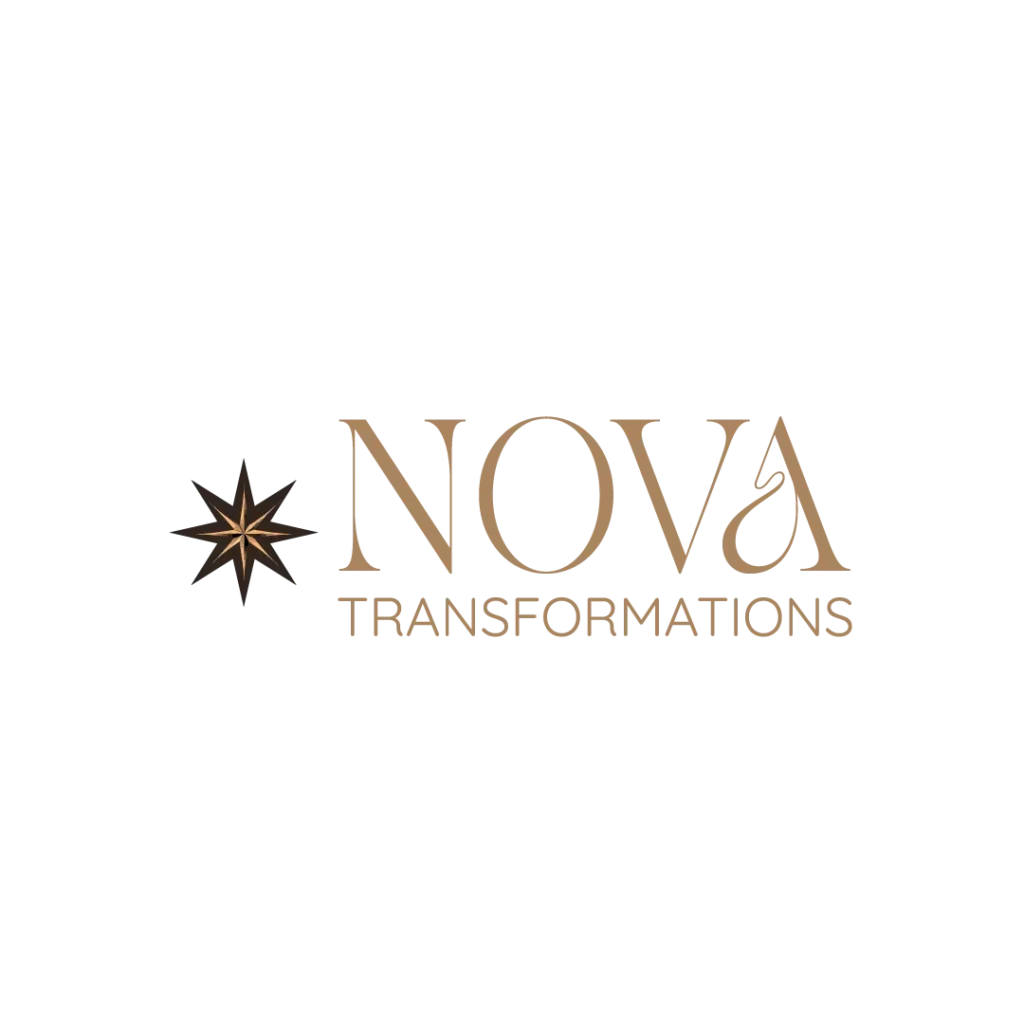Understanding Methamphetamine Addiction
Methamphetamine Overview
Methamphetamine, commonly known as meth, is a highly addictive stimulant drug that primarily affects the central nervous system. Its addictive properties stem from its ability to increase the release and inhibit the reuptake of dopamine, a neurotransmitter linked to pleasure and reward (Compassion Behavioral Health). This powerful effect on the brain leads to a rapid onset of euphoria, making it extremely appealing to users, but it also results in a high potential for addiction.
Impact of Methamphetamine Use
The impact of methamphetamine use extends beyond the immediate effects. Long-term use can create significant structural and functional changes in the brain, particularly in areas responsible for decision-making, memory, and impulsivity. This can make it extremely difficult for individuals to quit using meth and maintain abstinence (Compassion Behavioral Health).
These neurological changes not only complicate the recovery journey but also lead to a range of negative consequences in various aspects of life, including:
| Impact Category | Effects |
|---|---|
| Physical Health | Severe dental issues, weight loss, skin sores |
| Mental Health | Increased risk of anxiety, depression, and other mental health disorders |
| Social Life | Strained relationships, isolation, employment difficulties |
Recognizing these impacts underscores the necessity for professional meth addiction treatment programs that target both the psychological and physical aspects of this addiction. For you or a loved one facing these challenges, it is critical to understand the importance of seeking help from reputable facilities like Nova Transformations, which offer comprehensive detox and rehab programs tailored for addiction recovery.
The Need for Effective Treatment
Importance of Seeking Treatment
Meth addiction can profoundly affect all areas of your life—physically, emotionally, and socially. Seeking treatment is crucial for individuals battling this addiction as it offers a structured environment to address the disorder effectively. According to the National Institute on Drug Abuse, addiction is a treatable disorder. Research-based methods have been developed to help individuals stop using drugs and regain control of their lives, allowing them to lead productive lives while in recovery.
Effective treatment programs assist in managing addiction, acknowledging that while treatment is not a cure, it does provide tools to counteract the disruptive effects of addiction on the brain and behavior. By recognizing the need for support and engaging in treatment, you can better navigate the complexities of recovery and improve your quality of life.
Barriers to Treatment Access
Despite the importance of treatment, there are several barriers that may prevent individuals from seeking the help they need. Some common obstacles include:
- Stigma: The social stigma surrounding addiction may discourage individuals from admitting they need help or from seeking treatment.
- Financial Constraints: Many treatment programs can be costly, and insurance may not always cover the necessary care. This financial burden can deter individuals from getting the appropriate help.
- Lack of Information: Some individuals may not be aware of the various treatment options available to them, leading to uncertainty about where to turn for help.
- Geographical Access: In rural or underserved areas, access to treatment facilities may be limited, making it difficult to find suitable programs.
Addressing these barriers is essential for promoting access to effective meth addiction treatment. Organizations like Nova Transformations are dedicated to providing comprehensive care, ensuring that cost or geographical limitations do not hinder your access to vital recovery resources. For more information about various treatment programs, you can explore options such as alcohol addiction treatment and dual diagnosis mental health and addiction that may also be beneficial during recovery.
Treatment Options for Meth Addiction
When seeking effective meth addiction treatment, understanding the available options is crucial. Detoxification, medical management, and behavioral therapies form the core of the treatment spectrum. Here’s a closer look at each option.
Detoxification Process
Detoxification is often the first step in meth addiction treatment. This process allows your body to clear out methamphetamine while managing withdrawal symptoms. Withdrawal can include cravings, fatigue, depression, and anxiety. Depending on the severity of your addiction, detoxification may be supervised in a medical facility.
| Withdrawal Symptoms | Duration |
|---|---|
| Cravings | Ongoing |
| Fatigue | 1-2 weeks |
| Depression | Varies (weeks/months) |
| Anxiety | 1-2 weeks |
It’s essential to have medical supervision during detox to ensure safety and comfort.
Medical Management Approaches
Unlike some substance use disorders, medications for meth addiction have shown limited effectiveness. However, integrating medical management with psychological support can enhance treatment outcomes. Medications can be prescribed to address specific symptoms or co-occurring mental health disorders.
This integrated approach not only aids in withdrawal management but also helps stabilize emotional and psychological health. Addressing underlying conditions such as anxiety or depression can significantly improve your recovery chance. To explore more about dual diagnosis, refer to our section on dual diagnosis mental health and addiction.
Behavioral Therapies
Behavioral therapies are the cornerstone of meth addiction treatment. These therapies aim to change harmful thought patterns and behaviors associated with drug use. Effective therapies include:
-
Cognitive-Behavioral Therapy (CBT): This therapy focuses on identifying and changing negative thought patterns and behaviors. Studies show that CBT is effective in reducing meth use and improving emotional stability, even with a few sessions (PubMed).
-
Contingency Management (CM): This approach reinforces positive behaviors, such as abstinence from meth, through rewards. This method has demonstrated significant reductions in drug use during treatment.
Utilizing a combination of these therapies can help you or your loved one achieve lasting recovery. For additional support strategies, you may want to explore our resources on life skills training addiction and holistic relapse prevention.
Understanding these treatment options is a vital step in the journey toward recovery. Nova Transformations offers various detox and rehab programs tailored to meet your specific needs, ensuring the best chance of success in overcoming meth addiction.
Comprehensive Treatment Programs
When addressing meth addiction treatment, choosing the right treatment program is essential for recovery. Comprehensive treatment programs typically include either residential or outpatient options, each designed to meet varying needs based on the severity of addiction and the individual’s lifestyle.
Residential Treatment Programs
Residential treatment programs offer individuals a structured environment where they reside at the treatment facility for a designated period. This immersive experience allows for focused care, away from daily distractions and triggers associated with use. Participants engage in various therapeutic activities that include individual and group counseling, recreational therapy, and education about addiction recovery.
In a residential setting, the emphasis is on developing coping mechanisms and building a support network among peers experiencing similar challenges. Treatment may last from a few weeks to several months, depending on individual progress. The primary objective is to stabilize participants and equip them with tools for long-term recovery.
| Program Feature | Benefits |
|---|---|
| 24/7 Support | Accessible professional help at all times |
| Structured Environment | Minimizes distractions from everyday life |
| Therapeutic Activities | Engages participants in recovery-focused tasks |
Outpatient Treatment Programs
For those with milder forms of addiction or those transitioning from residential treatment, outpatient programs are an effective option. These programs allow individuals to participate in treatment while maintaining their daily routines, such as work or school commitments.
Outpatient treatment typically consists of scheduled sessions that may include individual therapy, group sessions, and holistic therapies. Flexibility is a key feature, enabling participants to receive care while navigating their everyday lives.
| Program Feature | Benefits |
|---|---|
| Flexibility | Fits treatment around daily responsibilities |
| Diverse Therapy Options | Offers various approaches like counseling and mindfulness |
| Cost-Effective | Generally less expensive than inpatient options |
Choosing the right treatment option is crucial for successful recovery. At Nova Transformations, we provide a range of programs tailored to meet the individual needs of those struggling with addiction. Whether you or a loved one require alcohol addiction treatment, cocaine addiction treatment, or specific programs like our fentanyl addiction program, our dedicated team is here to support your journey to recovery.
By exploring both residential and outpatient treatment options, you can find the program that best suits your needs. Each pathway is designed to address the complexities of meth addiction and equip you with the skills necessary for lasting change.
Promising Treatment Approaches
Combination Therapy Benefits
Combining medications for treating methamphetamine addiction has shown promising results. Recent studies have highlighted the effectiveness of a dual medication approach, particularly the combination of injectable naltrexone and oral bupropion. This combination was found to be safe and effective for adults with moderate to severe methamphetamine use disorders during a Phase III clinical trial conducted between 2017 and 2019. The results from this study indicate that combination therapy may serve as a valuable addition to existing treatment methods (NIH News Releases).
Clinical findings demonstrated that participants receiving the naltrexone/bupropion combination experienced significantly higher response rates compared to those in a control group. Notably, 16.5% of the treatment group showed positive outcomes during weeks five and six, compared to only 3.4% in the control group. The number needed to treat (NNT) calculated from the study was 9, meaning that for every nine individuals treated, one person benefitted from this approach.
| Treatment Group | Response Rate (%) | Control Group Response Rate (%) |
|---|---|---|
| Naltrexone/Bupropion | 16.5 | 3.4 |
This combination therapy not only reduced cravings but also led to an overall improvement in participants’ quality of life, as reflected by the Treatment Effectiveness Assessment questionnaire. Importantly, there were no significant adverse effects observed, and the adherence rates remained high across both treatment and placebo groups throughout the study.
Research Findings on Dual Medication
In previous clinical studies, administering bupropion and naltrexone separately yielded limited success for treating methamphetamine use disorder. However, evidence from recent trials has indicated that their combined use may create an additive or synergistic effect, enhancing their overall efficacy (NIH News Releases).
This advancement in treatment strategy is crucial, especially considering that long-term methamphetamine use can lead to significant and detrimental changes in the brain. Ongoing research, led by Dr. Madhukar H. Trivedi, affirms that some of these brain changes can be reversed in individuals who successfully recover, underscoring the necessity for effective treatment strategies for methamphetamine use disorder.
For those seeking meth addiction treatment, exploring combination therapy options like those available at Nova Transformations can provide a comprehensive approach tailored to individual needs. If you’re also curious about treatments for other substance use issues, consider looking into our alcohol addiction treatment or cocaine addiction treatment resources.
Addressing Long-Term Health Effects
Reversing Brain Changes
Long-term use of methamphetamine can lead to significant structural and functional alterations in the brain, particularly affecting areas responsible for decision-making, memory, and impulsivity. These changes can complicate the process of quitting meth and maintaining abstinence from it. However, research has shown that some of these brain changes may be reversible in individuals who undergo effective treatment. Findings from a trial led by Dr. Madhukar H. Trivedi highlighted the potential for recovery and the importance of identifying and implementing new treatment strategies for methamphetamine use disorder (NIH News Releases).
Cognitive-behavioral therapy (CBT) has shown efficacy in reducing methamphetamine use and encouraging other positive behavioral changes. Even short treatment sessions, such as two or four, have produced significant results. Interventions like contingency management (CM) also demonstrated notable reductions in meth use during their application (PubMed).
Importance of Effective Treatment Strategies
Choosing an effective treatment strategy for meth addiction is crucial for reversing long-term health effects. It’s essential to implement psychological interventions that address both the psychological dependence on methamphetamines and the associated behavioral challenges. Clinicians should focus on evidence-based practices, such as CBT and contingency management, to effectively tackle meth dependence and provide the best care for clients (PubMed).
The integration of these treatment approaches within addiction services ensures that individuals receive comprehensive care tailored to their needs, promoting better outcomes in recovery. By actively engaging in effective treatment methods, you can overcome previous challenges associated with meth use and embark on a path toward lasting recovery. For those seeking additional support, explore our range of specialized programs, including alcohol addiction treatment, cocaine addiction treatment, and dual diagnosis mental health and addiction.








